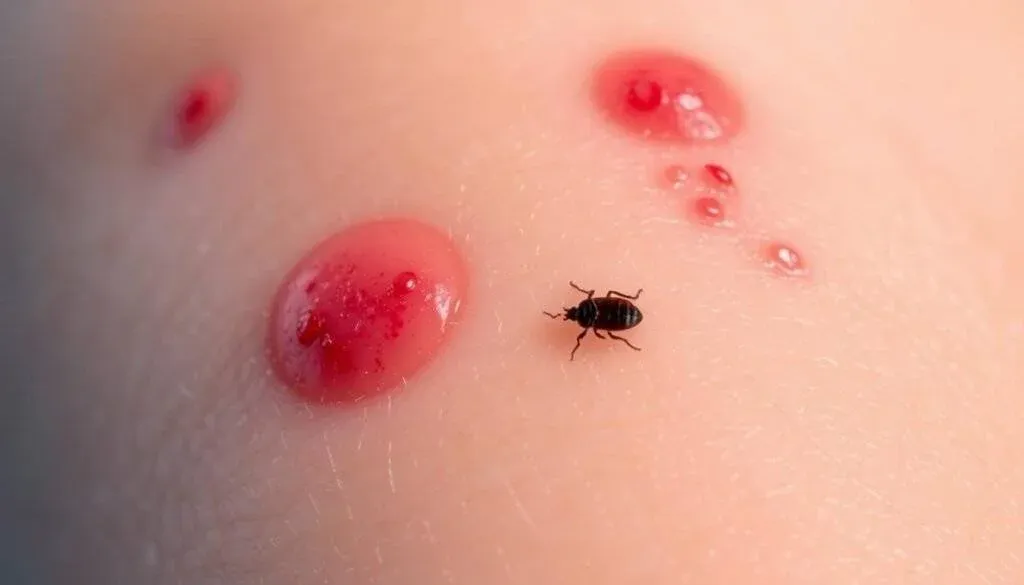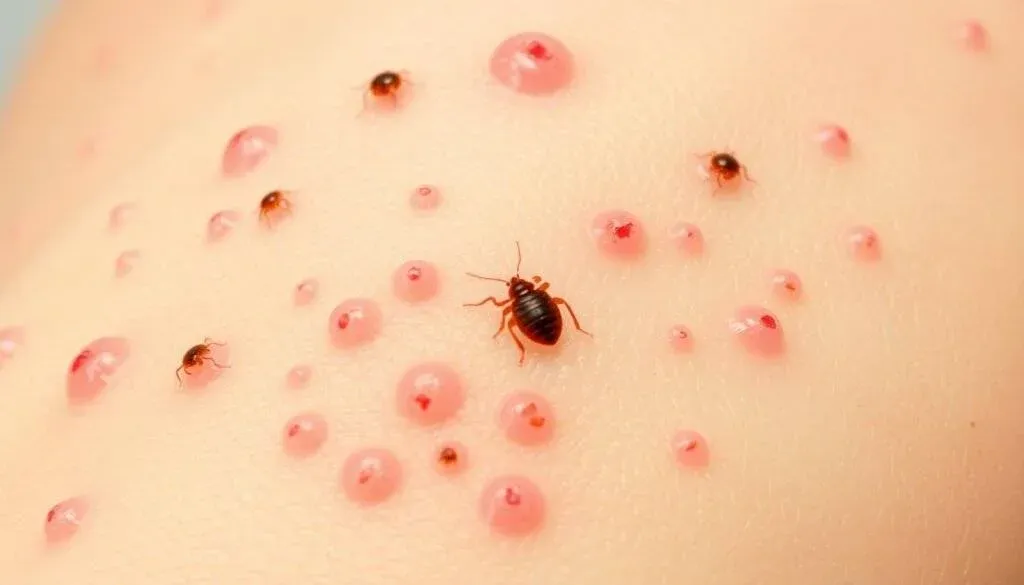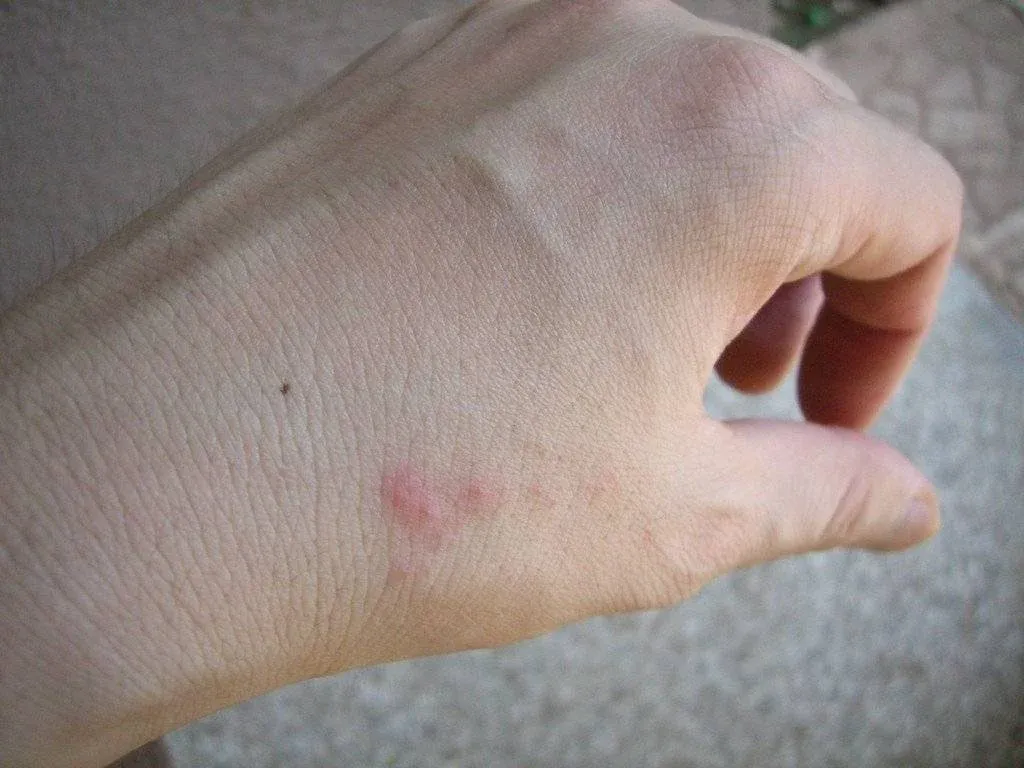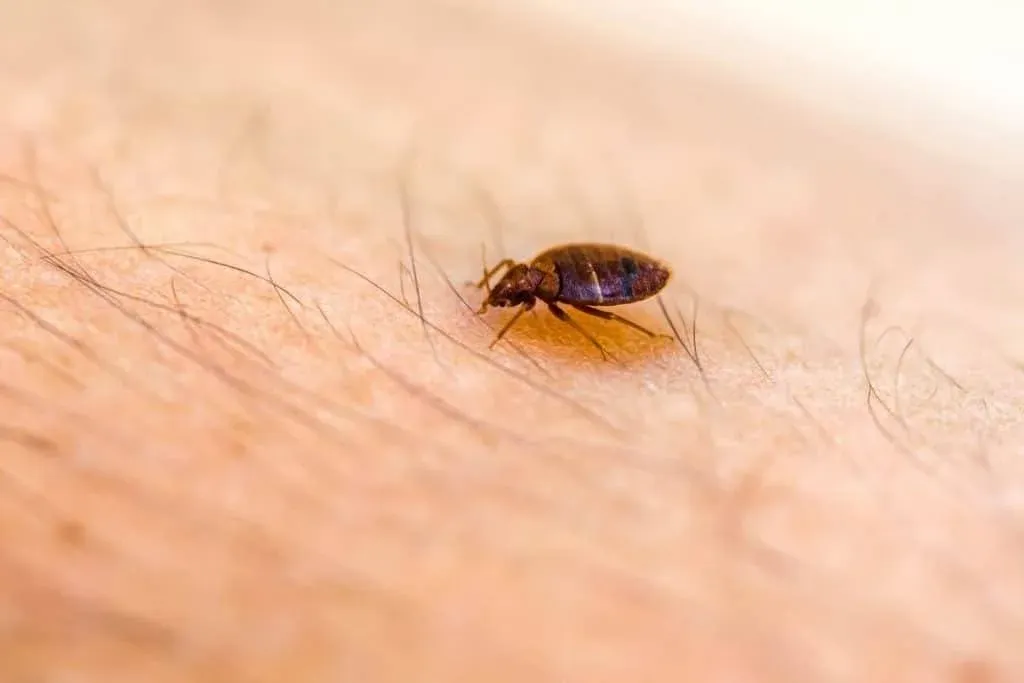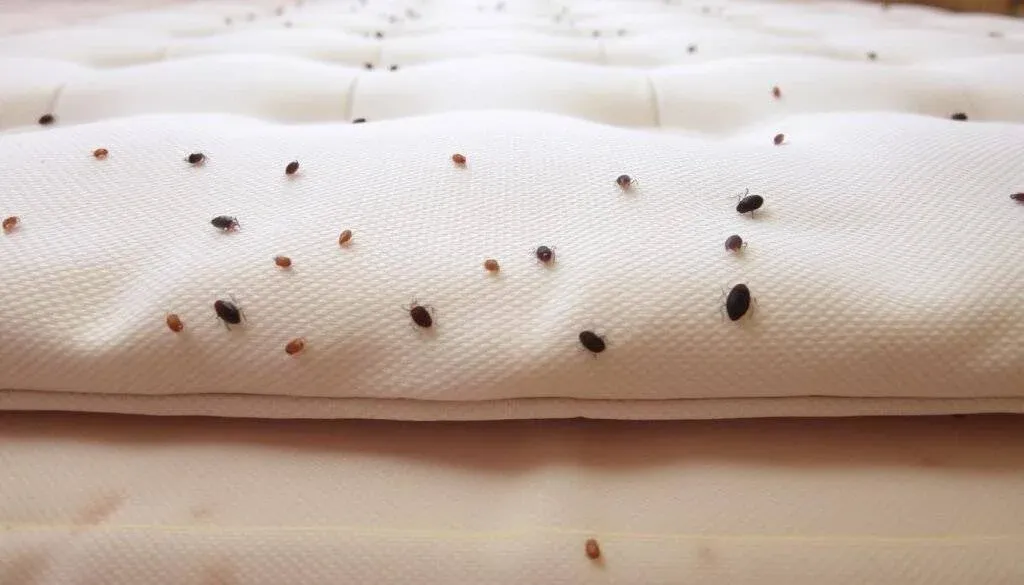Bed bug bites are an unfortunate reality in many homes and hotels around the world. While most cases cause only temporary itching and discomfort, there are times when symptoms become more serious and medical care is required. This raises an important question for many people: when to see a doctor for bed bug bite reactions? Understanding the difference between mild irritation and concerning symptoms can help you protect your health and prevent complications.
Typical Bed Bug Bite Reactions
Bed bugs are tiny pests that feed on blood, usually at night. Their bites often appear as small red welts, sometimes in clusters or straight lines. For most people, these bites result in mild itching, swelling, and irritation that resolves within a week. In such cases, over-the-counter creams, lotions, or home remedies are usually enough to provide relief.
However, for others, reactions may be more severe. Knowing when to see a doctor for bed bug bite reactions depends on recognizing the signs that go beyond normal healing.
Mild vs. Severe Symptoms
Mild symptoms include:
Red, raised bumps
Itching or mild burning sensation
Slight swelling at the bite site
These usually respond well to hydrocortisone creams, antihistamine gels, or natural soothing remedies like aloe vera or cold compresses. But if symptoms worsen or spread, it may indicate a more serious issue.
Severe symptoms may include:
Intense swelling or blistering
Secondary infections from scratching
Allergic reactions such as hives or widespread rash
Systemic symptoms like fever or body aches
At this stage, understanding when to see a doctor for bed bug bite reactions becomes critical.
Signs of Infection
One of the biggest risks associated with bed bug bites is infection. Scratching breaks the skin, allowing bacteria to enter. Warning signs of infection include:
Warmth or redness spreading around the bite
Pus or yellow crust forming
Severe pain or tenderness
Fever or swollen lymph nodes
If these symptoms develop, it’s time to seek medical care. Ignoring them can lead to more serious skin conditions or require antibiotics. This is one of the most important indicators of when to see a doctor for bed bug bite reactions.
Allergic Responses
Some individuals are highly sensitive to bed bug saliva and may develop allergic reactions. These can range from large, itchy welts to full-body hives. In rare cases, severe allergic reactions may trigger difficulty breathing, dizziness, or anaphylaxis. If you experience any of these, seek emergency medical care immediately.
For people with a history of allergies or asthma, knowing when to see a doctor for bed bug bite reactions is especially important, since their bodies may react more strongly than average.
Persistent Skin Problems
For some, bites do not heal quickly and may leave behind scars or dark spots. If bed bug bites cause prolonged skin irritation, hyperpigmentation, or keloid formation, a dermatologist may be needed for specialized treatment. Even if the condition is not dangerous, professional care can help prevent long-term skin damage. This is another case where when to see a doctor for bed bug bite reactions matters.
What Doctors Can Do
Medical professionals have several tools to manage severe reactions:
Topical corticosteroids – Stronger creams than over-the-counter versions to reduce inflammation.
Oral antihistamines – To calm allergic responses and widespread itching.
Antibiotics – Prescribed if an infection develops at the bite site.
Specialized skin treatments – For scarring or pigmentation issues caused by scratching.
By visiting a doctor at the right time, you not only get relief but also prevent complications that could worsen over time.
Preventing the Need for Medical Care
While not all problems can be avoided, there are steps to reduce the risk of severe reactions:
Clean bites promptly with soap and water.
Apply anti-itch creams to avoid scratching.
Keep nails trimmed to minimize skin damage.
Use protective clothing or mattress covers to avoid repeated exposure.
By taking precautions, you may never need to ask when to see a doctor for bed bug bite reactions, but if symptoms escalate, it’s always better to err on the side of caution.
Final Thoughts
So, when to see a doctor for bed bug bite reactions? The answer is clear: if you develop signs of infection, experience severe allergic responses, or notice persistent skin problems, professional medical care is essential. While most bed bug bites heal on their own within a week, complications can arise if they are ignored. Early attention ensures faster recovery, prevents long-term damage, and gives you peace of mind.


